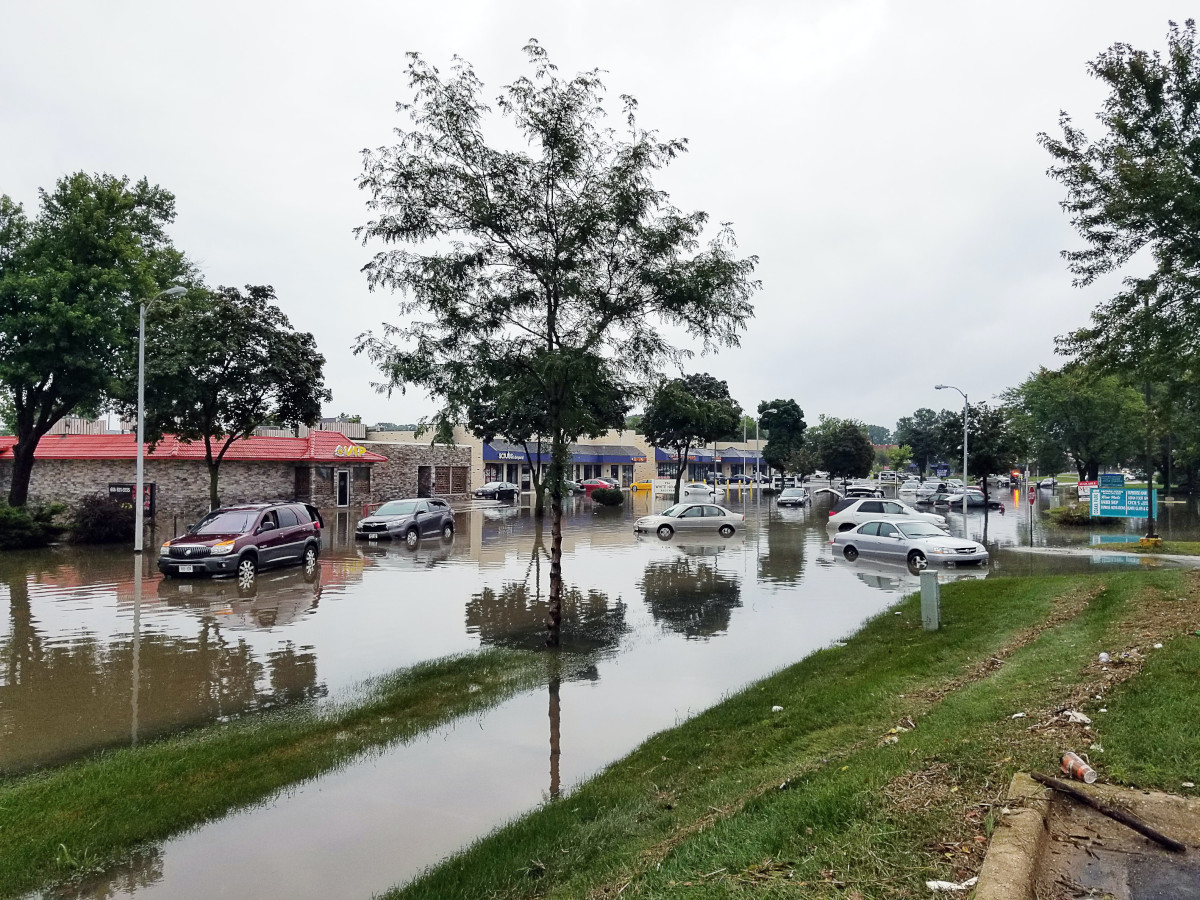Local governments staff up, team up to confront climate change
[If you think this is a good idea for Sudbury too, please read and sign our letter to the Select Board]
Excerpts from 12/7/21 article on WGBH.org:
Many Massachusetts cities and towns have hired sustainability managers to lead their efforts against climate change.
Within their local governments, sustainability-focused workers often act as internal consultants, working with just about every department to implement energy-saving measures — which means that participation from fellow employees is essential to getting things done. They propose and coordinate projects — and secure funding for them — such as replacing diesel school buses with electric ones, or proposing changes to building codes to make future developments more energy-efficient, or trying to preserve open land near a river as a buffer for when flooding comes.
Though each sustainability manager’s job varies in structure and level of authority, with some housed within a transportation or public works department, they’re generally tasked with two problems: mitigation and resilience.
“Climate change is happening,” said Martha Grover, the sustainability manager in Melrose. “The mitigation is the energy-efficiency work, the renewable energy, that we’re trying to fend off. But at the same time the atmosphere is warming, the Earth is warming. The impacts we’re experiencing every day, we need to learn how to adapt and make our communities more resilient to the flooding, the heat, the rising sea level.”
“Both things have to happen,” she went on, “and we need to speed it up.”
With Massachusetts’ many miles of coastline and its aging infrastructure, there’s no shortage of government greening projects. More workers are getting hired in towns and cities where such positions simply didn’t exist in the past, christened with new titles like sustainability directors or coordinators. And there’s also buy-in from political leaders and citizens in the liberal commonwealth, which means sustainability managers don’t have to spend as much of their time convincing others that resilience and mitigation efforts need their attention.
…

“When I started seven years ago, I don’t think people in Natick were as aware or concerned about climate change,” said Jillian Wilson-Martin, Natick’s sustainability director. “There wasn’t as much receptivity to the fact that the climate was changing and that we needed to prepare for it. And now in conversation, supervisors who are responsible for plowing streets or for purchasing vehicles, they get it and they know that we need to be working on solutions together.”
Resilience emerged as a focus in just the last few years, as the impacts of climate change such as extreme fires and flooding became more pressing. On the mitigation side, many towns are just now setting target dates for net-zero emissions, giving themselves until 2030, 2040 or, like Boston, 2050 to balance out the amount of greenhouse gases they emit and absorb.
The new emphasis on regional work, Wilson-Martin added, is, in part, by government design. Sustainability coordinators go where the grants are, so state opportunities dictate the cities’ and towns’ greening agendas.
Massachusetts towns and cities woke up to the importance of creating positions devoted specifically to sustainability at different times, which means many are playing catch-up. Melrose brought on a sustainability manager a decade ago; Brookline just created a director-level position in January.
With seven years on the job, Natick’s Jillian Wilson-Martin is, relatively speaking, an old pro. She volunteers her time with other towns who are just getting their own sustainability programs up and running.
“We all need to work on basically the same things, so feel free to copy and paste Natick’s plan and just customize it to your community based on your politics, the different unique aspects of your community,” she tells neighboring towns. “Since we’re all working on the same thing, it makes sense to partner because there are so many opportunities to save time and money to get the job done.”
“The sustainability municipal staff are just incredibly scrappy,” added Wilson-Martin. “We usually don’t have budgets, we’re almost fully grant funded in terms of our work and most of us are bringing in 10 times or more the amount of money that we make in terms of grants.”
Read the full article here: wgbh.org/news/local-news/2021/12/07/local-governments-staff-up-team-up-to-confront-climate-change
[If you think this is a good idea for Sudbury too, please read and sign our letter to the Select Board]

